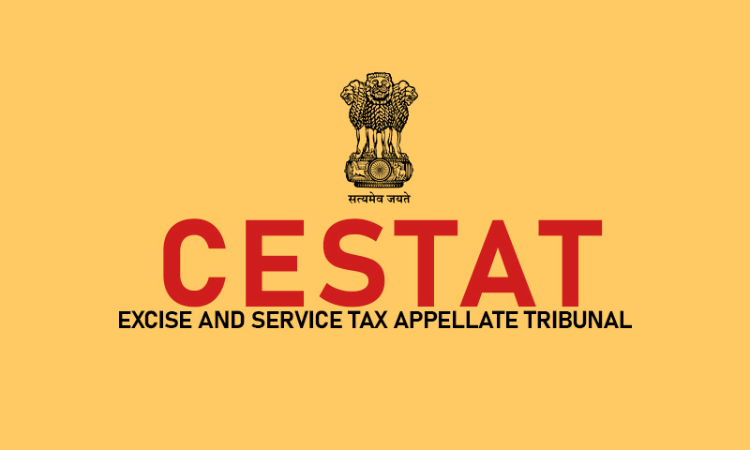CISF Reputed Government Of India Undertaking Can't Intend To Evade Service Tax Payment: CESTAT
Mariya Paliwala
17 May 2024 1:00 PM GMT
The Hyderabad Bench of Customs, Excise, and Service Tax Appellate Tribunal (CESTAT), while quashing the service tax demand, held that rent-free accommodation provided to CISF personnel cannot be taken as additional consideration.The bench of R. Muralidhar (Judicial Member) and A.K. Jyotishi (Technical Member) has observed that the appellant, CISF, is a reputed Government of India...
The Hyderabad Bench of Customs, Excise, and Service Tax Appellate Tribunal (CESTAT), while quashing the service tax demand, held that rent-free accommodation provided to CISF personnel cannot be taken as additional consideration.
The bench of R. Muralidhar (Judicial Member) and A.K. Jyotishi (Technical Member) has observed that the appellant, CISF, is a reputed Government of India undertaking, working under the Ministry of Home Affairs. They cannot be said to have any intention to evade the service tax payment.
The assessee/appellant, CISF, working under the Ministry of Home Affairs, Government of India, is providing security services to various public sector undertakings. The assessee has been providing services to Rashtriya Ispat Nigam Ltd. (RINL). They were paying the service tax towards the consideration received from RINL for the security services and filing their normal returns. However, they were also receiving reimbursements on account of various expenditures, like medical bills, transportation costs, etc., from RINL. They were also making a pension contribution fund, and the excess pension contribution fund was being deducted from the bill amount, and service tax was being charged only on the net amount. Finally, the employees of the appellant were provided accommodation by RINL.
In the case of reimbursement of expenses on various counts, the Department took the view that, in terms of Rule 5(1) of the Service Tax (Determination of Value) Rules, 2006, such reimbursements have to be added to the total consideration for payment of service tax. On this count, a service tax of Rs. 5,18,41,050 was demanded. In respect of the excess pension contribution claimed, a service tax of Rs. 10,61,476 was demanded. In respect of the rent-free accommodation provided to the appellant's personnel by RINL, the 20% HRA of the Basic Pay and Grade Pay was taken as the value of the rent saved by the appellant. This was taken as part of the total consideration in terms of Section 67 of the Finance Act, and a service tax of Rs. 70,76,574 was demanded. After due process, the adjudicating authority confirmed the demands.
The appellant contended that the expenses on account of medical services, vehicles provided, stationery expenses, telephone charges, etc., are being reimbursed by RINL on an actual basis. Rule 5 of the Service Tax (Determination of Value) Rules has gone much beyond the mandate under Section 67. Accordingly, the Hon'ble Supreme Court affirmed the decision of the Hon'ble High Court, which had held that Rule 5 was ultra vires the statutory provisions. As per this judgment, the reimbursements cannot be part of the total consideration for arriving at the taxable value. The reimbursement charges are not required to be added to the gross value of the service tax to be paid.
The department contended that the appellant never disclosed that they were getting reimbursements on several counts and also were getting additional consideration by way of rent-free accommodation from RINL. Thus, there is a case of suppression on the part of the appellant.
The tribunal held that the rent-free accommodation provided to the CISF personnel cannot be taken as additional consideration.
Counsel For Appellant: Anushka Rastogi
Counsel For Respondent: K. Srinivas Reddy
Case Title: Central Industrial Security Force Versus Commissioner of Central Tax Visakhapatnam
Case No.: Service Tax Appeal No. 26170 of 2013


